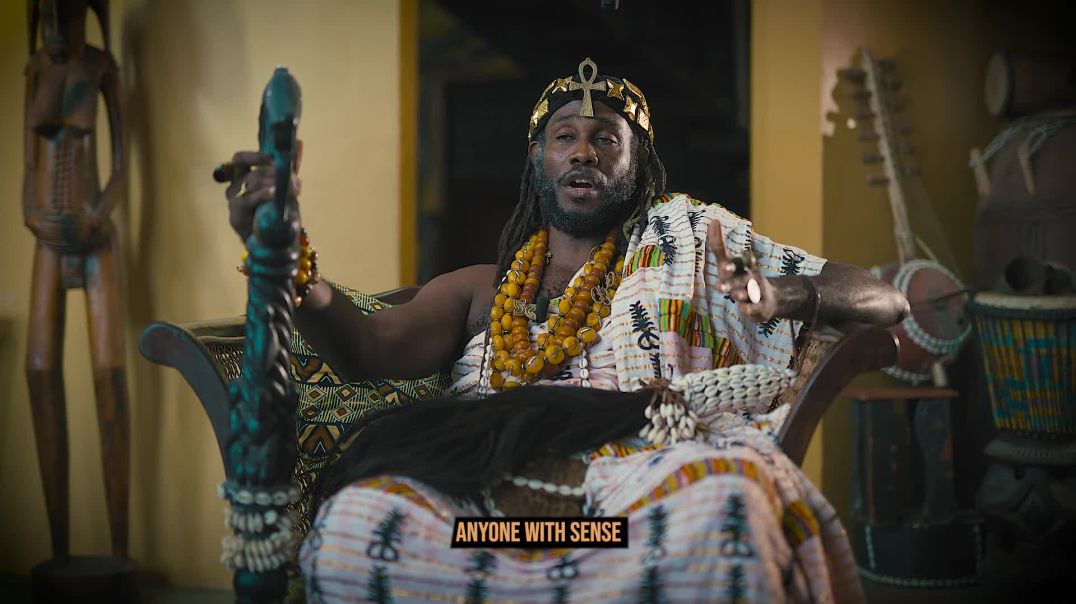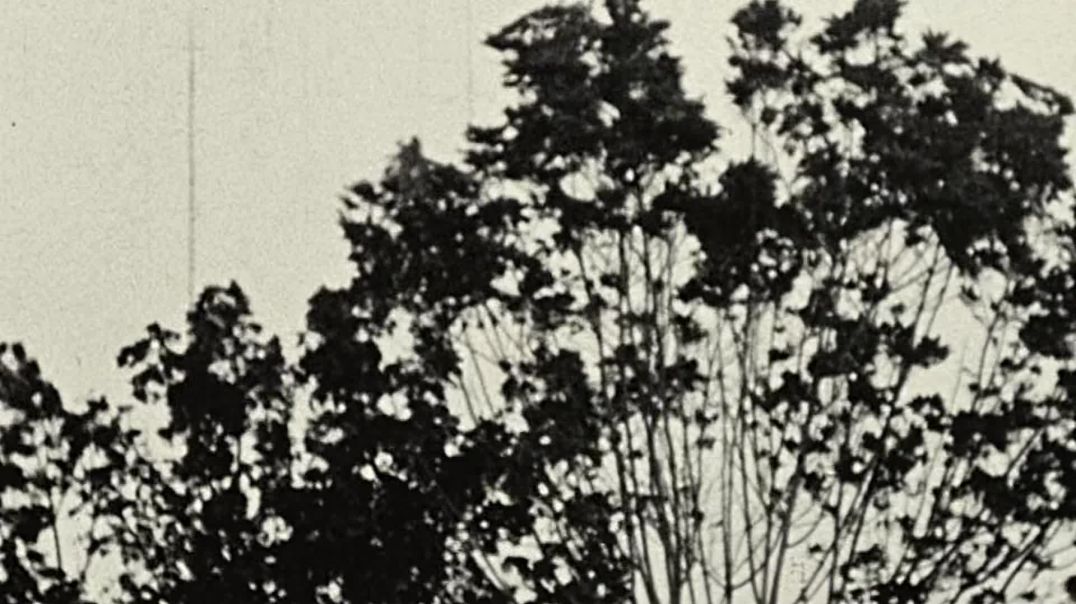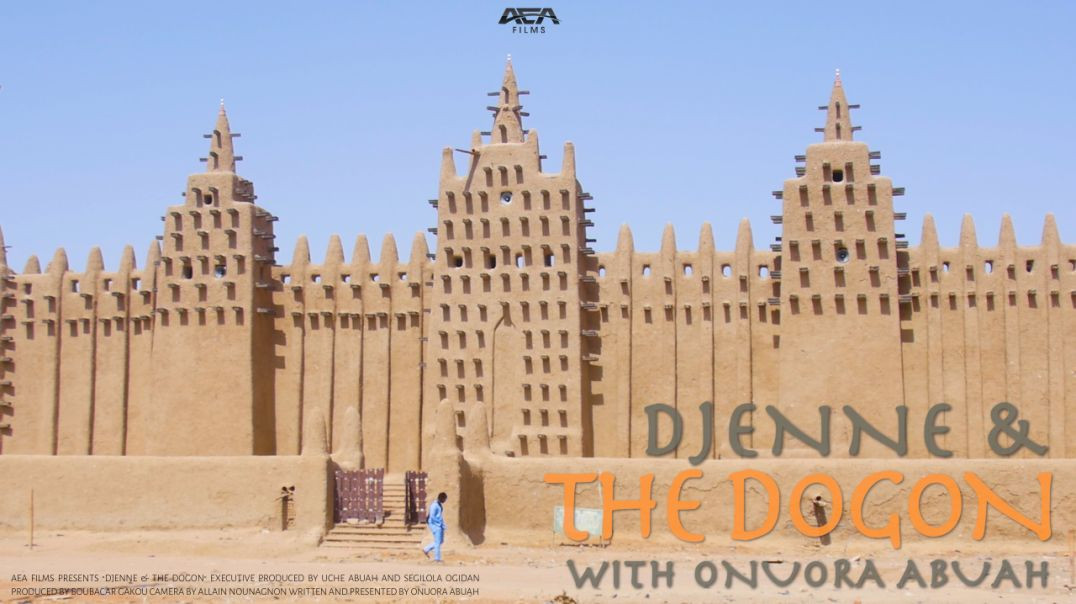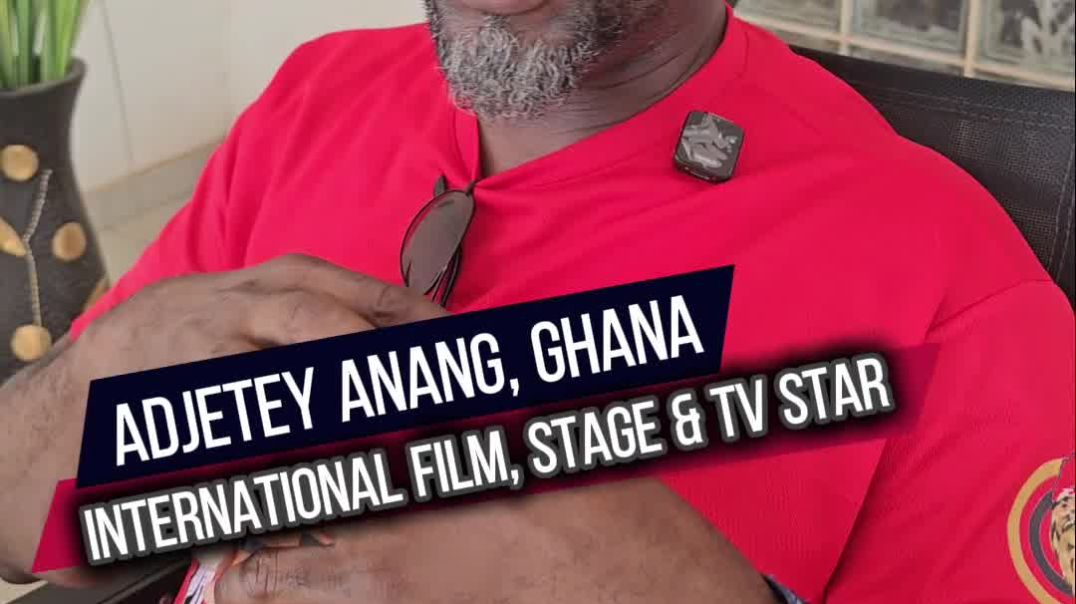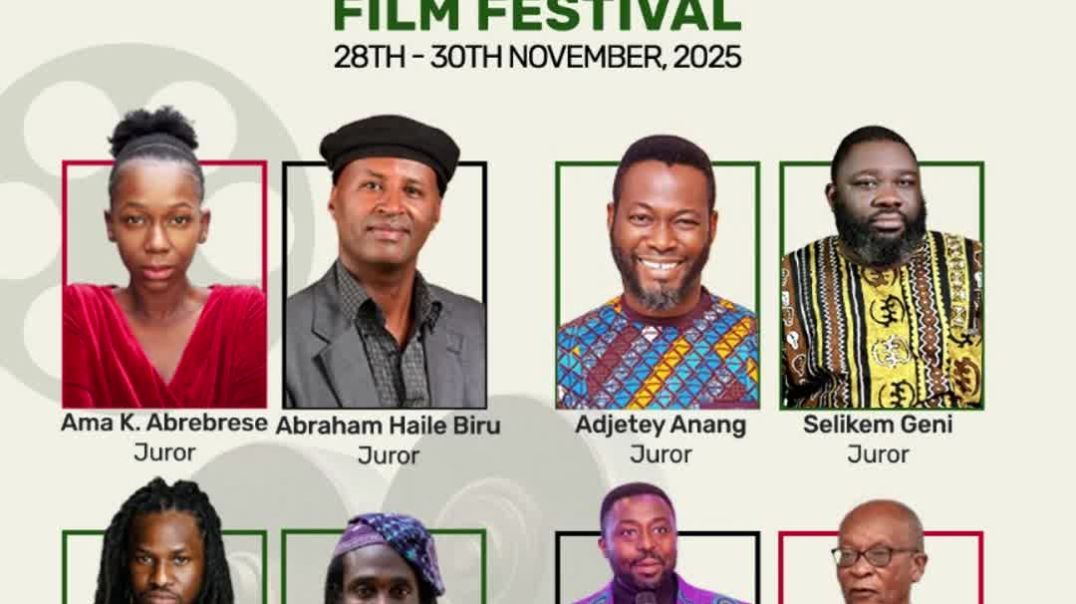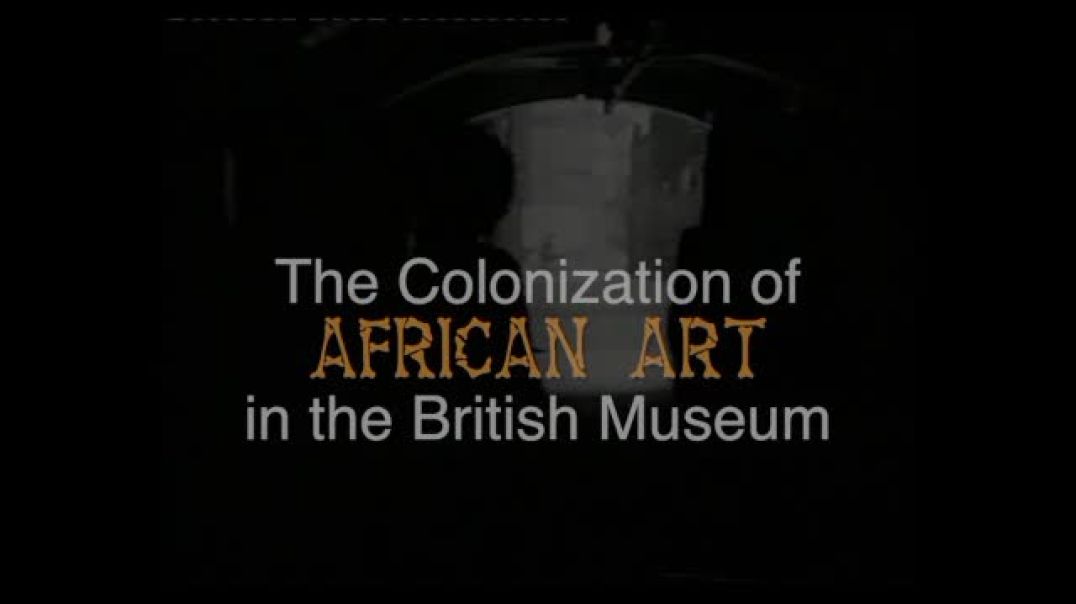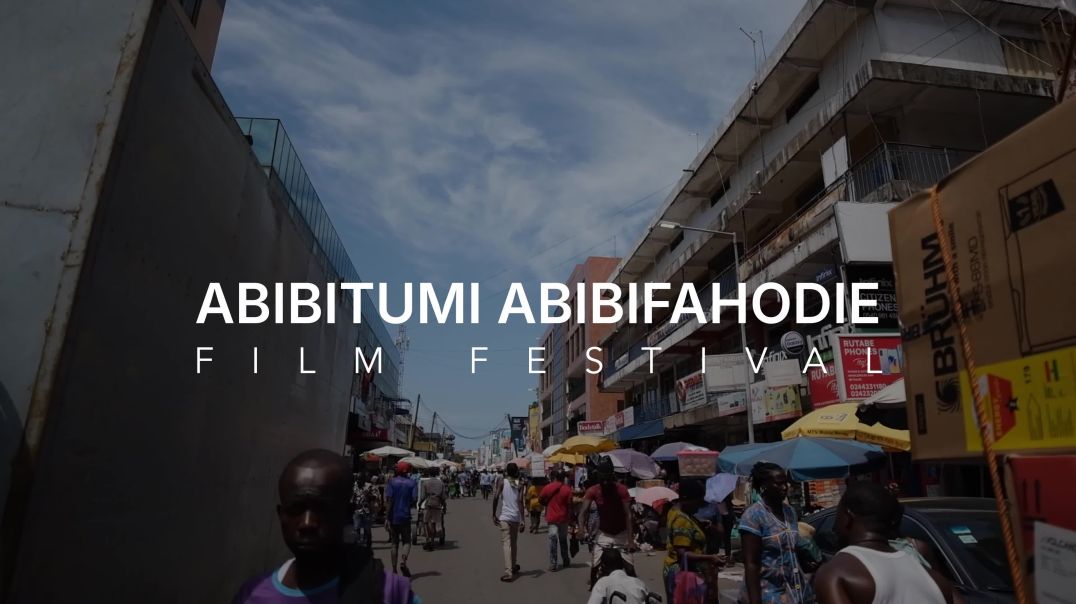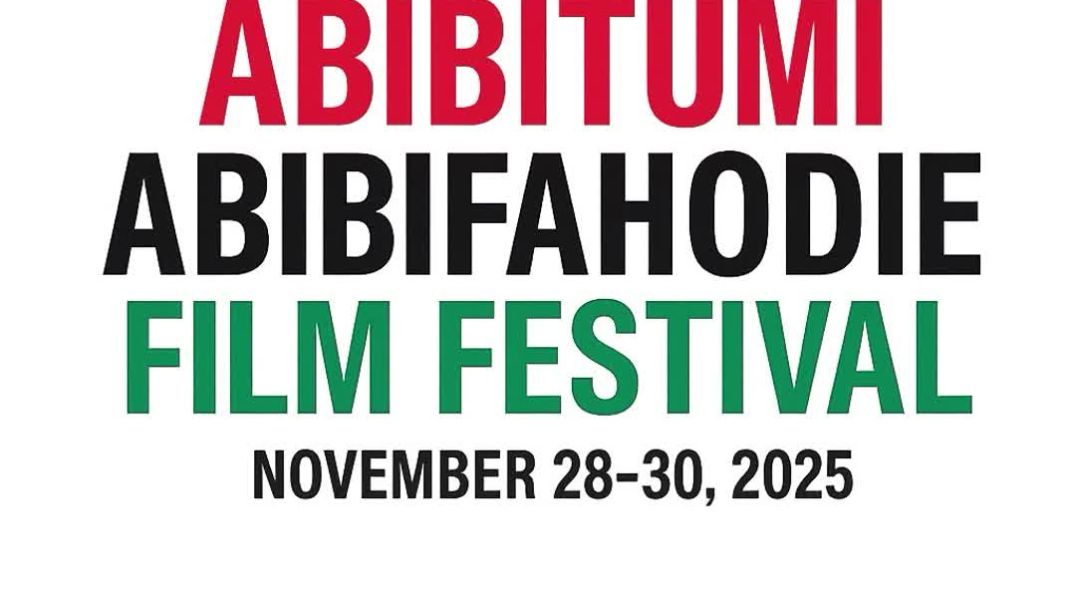Movies
Crown or Class - Documentary Film Trailer
Jazz and decolonization are entwined in this historical rollercoaster that rewrites the Cold War episode that led musicians Abbey Lincoln and Max Roach to crash the UN Security Council in protest against the murder of Patrice Lumumba.
Children of the Panther | Part 1 | Danhomé & Vodun
In Part 1, Onuora Abuah travels to his boyhood home of Benin (West Africa) to learn the history of the 17th century Danhomé (Dahomey) kingdom which ruled the region.
His journey begins in the water town of Ganvie, before heading north to Abomey, the kingdom's capital. Onuora then drives south to Port Novo before concluding his trip in Ouidah.
#dahomeykingdom #dahomeyamazons #dahomeywarriors #dahomeyhistory
A Journey through Mali...
Onuora Abuah travels to Mali, West Africa where he begins an 800km journey to the ancient city of Tombouctou whilst orating the 1000 year history of the combined empires of Wagadu (Ghana), Mali and Songhai.
Paypal Donation: paypal.me/OnuoraAbuah
To Book Onuora for Lectures/Speaking:
tftmproductions@gmail.com
Selikem on Door Abibitumi connection
Adjetey Anang Excited about the AbibitumiAbibifahodiefilmfestival
Black power film festival in Ghana
You Hide Me trailer - Nii Kwate Owoo
Abibitumi Abibifahodie Film Festival Official Trailer 2025
2025 Abibitumi Abibifahodie Film Festival Trailer
Get Tickets Here: https://filmfestival.abibifahodie.org/tickets
